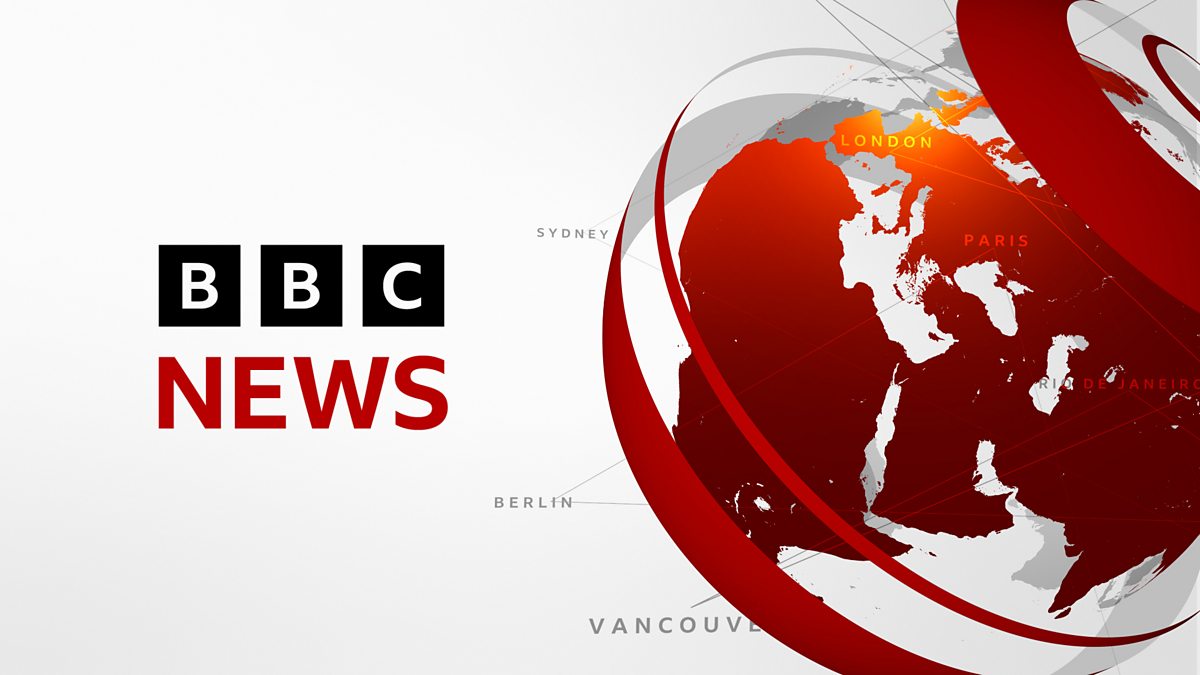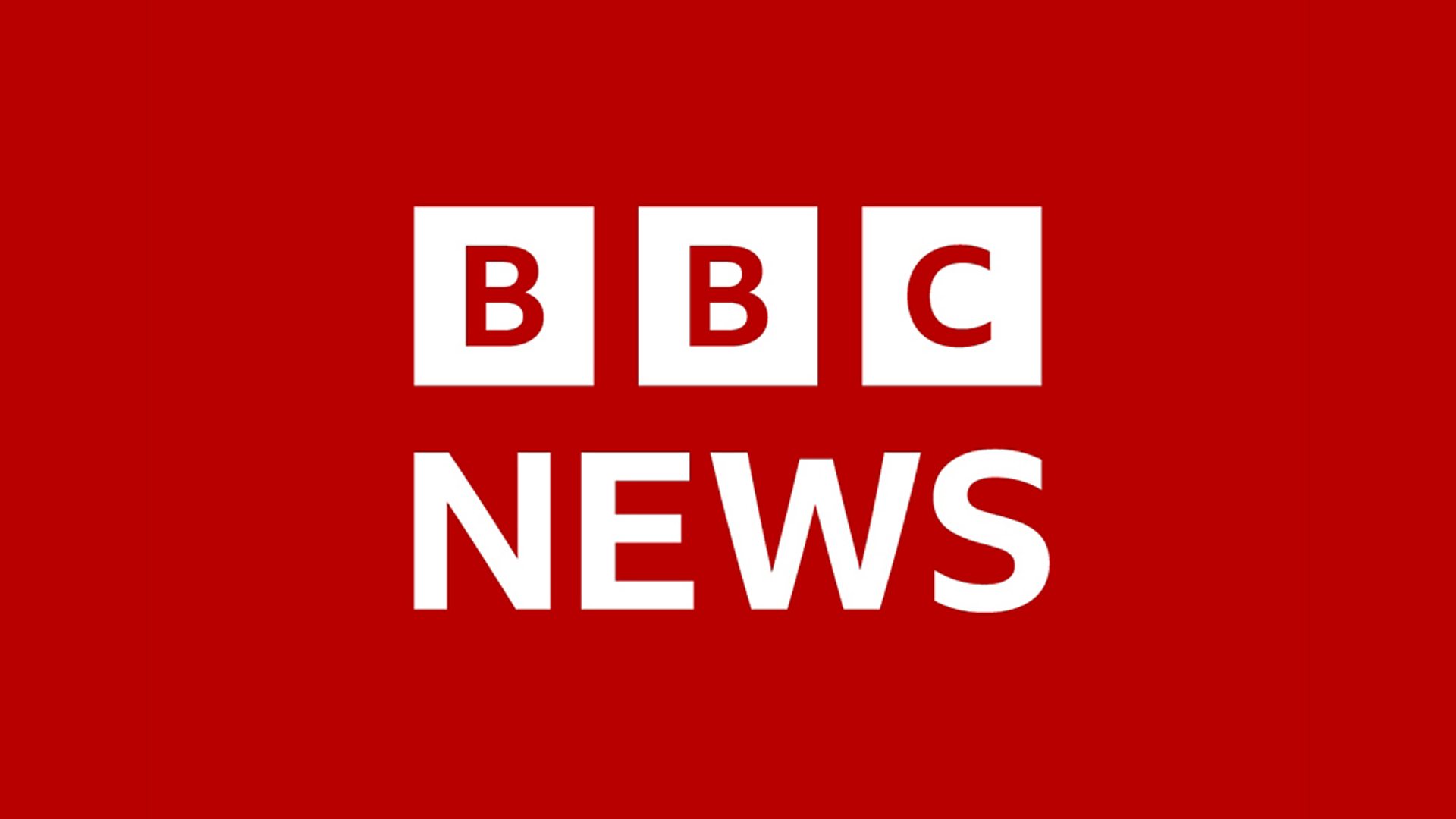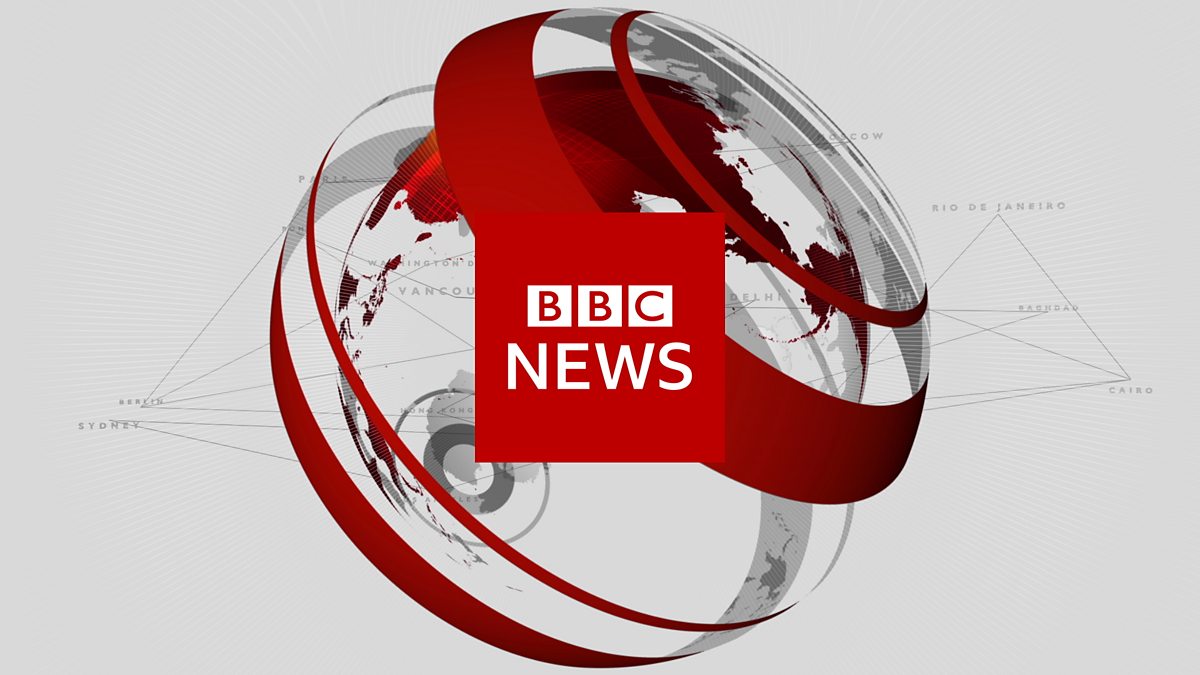BBC One Wikipedia - A Look At Britain's First TV Channel
When you think about television in the United Kingdom, one name probably pops into your head right away: BBC One. It’s the channel that, you know, has been there for so many of us, for so long, bringing all sorts of shows into our homes. It’s the main one, the one that kind of started it all for public television in Britain, and it holds a really special place in the country's media story.
This channel, which is a big part of the British Broadcasting Corporation, has a rather long and interesting past. It’s the very first television channel to ever go on air in the UK, and that's a pretty big deal, don't you think? Its story, from when it first began broadcasting to what it offers today, is a reflection of how television itself has changed over the years, and you can really see that when you look at its history, perhaps even on a page like the BBC One Wikipedia entry.
You can catch BBC One live, of course, and then there are all the program lists and schedules that help you figure out what's on. Plus, you can enjoy your favorite shows whenever you fancy, thanks to BBC iPlayer, which is really handy. It's a channel that, in a way, tries to give everyone something to watch, from serious news to fun entertainment, and it’s always trying new things, too it's almost a hallmark of its approach.
Table of Contents
- What is the Story Behind BBC One Wikipedia?
- How Did BBC One Get Its Start, and What's on its Wikipedia Page?
- BBC One Wikipedia - Key Channel Details
- What Makes BBC One Special, According to its Wikipedia Details?
- How Does BBC One Wikipedia Show Its Place in British Homes?
- What Kind of Programmes Does BBC One Wikipedia Mention?
- How Does BBC One Wikipedia Cover Its Funding and Reach?
- Where Can You Find Out More About BBC One, Like on Wikipedia?
What is the Story Behind BBC One's History, You Ask?
The history of BBC One, as you might gather from a resource like its Wikipedia entry, is quite a journey through time for British television. This particular channel, which is the main one for the British Broadcasting Corporation, has a story that goes way back. It’s really the first television channel that ever got going in the United Kingdom, making its debut in 1936. That's a pretty long time ago, if you think about it, and it shows how long they've been at this.
It's interesting to consider that the BBC itself, the bigger organization, actually began a little earlier. It was set up in 1922, initially called the British Broadcasting Company. Then, as a matter of fact, it changed into what we know today, taking on its current name on New Year's Day in 1927. So, the channel we talk about, BBC One, really comes from a rather well-established broadcasting family, you know, one that's been around for ages.
This channel is the corporation's oldest and main offering, and it's quite well-known for the kind of programs it puts out. If you were to look up BBC One on a site like Wikipedia, you'd find a rather extensive collection of facts about its launch, the shows that really stood out over the years, any times it faced a bit of a challenge, and the important moments it reached. It's a rather detailed account of its life, so to speak.
How Did BBC One Get Its Start, and What's on its Wikipedia Page?
BBC One, which used to be called BBC1 until 1997, is indeed the first and main television channel in the United Kingdom. It also reaches folks in the Isle of Man and the Channel Islands, all run by the BBC. This channel, you know, is the centerpiece of what the BBC offers live, and it’s actually the most popular channel in the UK, which is quite something. It’s a mainstream channel, sure, but it also has a reputation for being willing to try out new and different things, taking a few creative chances.
When you look into the details of BBC One, perhaps on its Wikipedia entry, you discover that it first went on air on November 2, 1936. It was known as the BBC Television Service back then, so that’s a little piece of history right there. The channel is owned by the British Broadcasting Corporation, and it gets its money from the television license fee, which is how a lot of public broadcasting works in that part of the world. It’s a system that, in a way, keeps it going.
A quick look at the kind of content you might find related to BBC One on a site like Wikipedia shows that there's a lot to dig into. For instance, there's a category that has only one subcategory, and then another one with about 19 pages of information. This suggests a pretty thorough collection of details, though it's always good to remember that these lists, you know, might not always show the very latest updates. It’s a bit like a living document, really, that keeps growing.
BBC One Wikipedia - Key Channel Details
To give you a clearer picture of BBC One, here are some of the key facts, the kind of things you’d probably find summarized on a page about it, like a BBC One Wikipedia entry. These details really help paint a picture of what this channel is all about and how it fits into the broader broadcasting landscape.
| Detail Point | Information |
|---|---|
| Official Name | BBC One (formerly BBC1 until 1997) |
| Launch Date | November 2, 1936 (as BBC Television Service) |
| Owner | British Broadcasting Corporation (BBC) |
| Funding Source | Television Licence Fee |
| Coverage Area | United Kingdom, Isle of Man, Channel Islands |
| Channel Status | First, oldest, and most popular TV channel in the UK; BBC's flagship network |
| Content Focus | Generalist programs, original productions, Eurovision, live broadcasts |
| Availability | Live broadcast, TV program listings, BBC iPlayer (on-demand) |
These details, you know, really highlight how central BBC One is to the experience of watching television in the UK. It’s not just any channel; it’s the one that has been around the longest and, apparently, still captures the most viewers. That's a pretty remarkable achievement for something that started so many decades ago, and it speaks to its enduring appeal, really.
What Makes BBC One Special, According to its Wikipedia Details?
So, what exactly makes BBC One stand out, particularly if you were to read about it on a page like its BBC One Wikipedia entry? Well, for one thing, it's the sheer longevity and its position as the country's first television channel. That gives it a unique kind of prestige, doesn't it? It means it has witnessed and reflected so much of British life through the decades, acting as a sort of television mirror to the nation's history, in some respects.
Another thing that sets it apart is its funding model. Being paid for by the television license fee means it has a different kind of purpose compared to channels that rely on advertising. It’s meant to serve the public, offering a wide array of programs without the pressure of commercial breaks every few minutes. This allows it, you know, to take on programs that might not always be huge money-makers but are important for culture or information, which is a pretty cool thing.
And then there's its reputation for taking what they call "creative risks." This means they're not always playing it safe; they're willing to try out new formats, new types of shows, and perhaps explore topics that other channels might shy away from. This commitment to trying new things, you know, keeps the content fresh and interesting, and it’s something that people often associate with the BBC as a whole, and BBC One in particular, which is quite a good thing.
How Does BBC One Wikipedia Show Its Place in British Homes?
BBC One has a really strong hold on what people watch in the UK. It's, like, the most popular channel there, and it’s pretty much the main part of what the BBC offers when it comes to live television. You can watch BBC One live, find out what's coming up on the TV listings, and then, you know, catch up on all your favorite shows on BBC iPlayer whenever you want. It’s very much at the heart of how many people get their daily dose of news and entertainment.
This channel is generally seen as a mainstream one, meaning it tries to appeal to a very broad audience. But, as we talked about, it also has this knack for trying out things that are a bit different, taking what they call creative risks. That balance, you know, between offering something for everyone and still pushing the boundaries, is a big part of why it's so well-liked and why it's kept its place as the top channel for so long. It’s a bit of a balancing act, actually.
When you think about the history of television in the UK, BBC One is right there at the very beginning. It was launched in 1936, making it the very first television channel in the country. This long history means it’s not just a channel; it’s a bit of a cultural landmark, really. It’s been there for so many big moments in British life, from royal events to major news stories, and it’s something that people have grown up with for generations, which is pretty significant.
What Kind of Programmes Does BBC One Wikipedia Mention?
The sorts of programs you'll find on BBC One are quite varied, covering a lot of ground, which is typical for a main public service channel. It offers what they call "generalist programs," meaning a little bit of everything for all sorts of viewers. This could be anything from serious news and current affairs to light entertainment shows, dramas, and documentaries. It’s designed, you know, to have something that appeals to nearly everyone in the household, at different times of the day.
Beyond that, BBC One is also known for its "original productions." This means they create a lot of their own shows, rather than just buying them from other places. These homegrown programs are often a big draw and become quite popular, sometimes even being sold to other countries, which is a neat way the BBC makes extra money, by the way. It’s a commitment to making unique content that you might not see anywhere else, which is pretty cool.
And then there’s the mention of "Eurovision." BBC One is the channel that typically broadcasts the Eurovision Song Contest in the UK, which is a huge event for many people across Europe and beyond. This particular kind of programming, you know, shows its role in bringing big, shared cultural experiences to the British public. It’s a channel that connects people, whether it’s through a weekly drama or a massive international music competition, which is quite a thing.
How Does BBC One Wikipedia Cover Its Funding and Reach?
Understanding how BBC One gets its money and where it reaches is pretty key to grasping its identity, and you can usually find these details on a page like its BBC One Wikipedia entry. As we mentioned, it’s owned by the British Broadcasting Corporation, and its main source of income comes from the television license fee. This fee is paid by households across the UK that watch or record live television broadcasts, or use BBC iPlayer, so it’s a direct contribution from the public, in a way.
This funding model is pretty distinct because it means the channel doesn't rely on advertising for its main budget. This allows it to, you know, focus purely on its public service mission, providing a wide range of programs without commercial interruptions. It’s a different approach compared to many other channels, and it’s a big part of what defines the BBC as a whole, really, and how it operates.
Beyond the license fee, the BBC does make extra money in a few other ways, which helps support all its channels, including BBC One. One way is by selling its programs to other broadcasting companies around the world. So, a popular show made for BBC One might then be shown in, say, America or Australia, which is quite a smart move. Another way is by selling things like audio tapes and CDs of its most popular radio programs, so they're pretty resourceful, you know, in how they bring in funds.
In terms of where it reaches, BBC One broadcasts across the entire United Kingdom. But it’s also available in the Isle of Man and the Channel Islands, making its reach quite extensive within that geographical area. It’s also worth noting that it has a high-definition (HD) version now, so people can watch their favorite shows with better picture quality, which is, you know, what most people expect these days from their television viewing.
Where Can You Find Out More About BBC One, Like on Wikipedia?
If you're curious to learn even more about BBC One, a resource like Wikipedia is a pretty good place to start, as it gathers a lot of facts and history in one spot. You can often find a comprehensive list of its history, from its very beginnings as the flagship channel of the British Broadcasting Corporation. These pages, you know, tend to go into quite a bit of detail about its launch date, the shows that became really well-known, any times it faced a bit of public debate, and all the big milestones it reached over the decades.
The information on such pages can be quite extensive. For instance, there might be a main category that, you know, leads to various subcategories. One might have, say, just a single subcategory, while another could list about 19 different pages related to BBC One. This suggests a pretty deep collection of knowledge, covering various aspects of the channel’s life and times, which is quite helpful if you’re doing some research.
It's also interesting to see how the channel is described in different languages on a platform like Wikipedia, showing its international recognition. For example, you might find an entry in Vietnamese explaining that BBC One is the BBC's channel that broadcasts across the UK, Isle of Man, and Channel Islands, and that it first aired on November 2, 1936. Or, you could see an Italian entry mentioning it as the first BBC television channel, born in 1936 and funded by the license fee, offering generalist programs, original productions, and Eurovision, and that it has an HD version. So, it's pretty widely recognized, you know, around the world.
Similarly, a Polish entry might describe BBC One (known as BBC1 since 1964) as the primary television channel of the British Broadcasting Corporation, starting its work on November 2. And a Hungarian entry might simply state that BBC One is the primary channel of the British BBC public service broadcaster, with regular programming starting in 1936. All these different language entries, you know, really show how much of a global presence this channel has, even if it primarily serves the UK. It’s pretty cool how much information is out there.



Detail Author:
- Name : Madaline Hand
- Username : clair.crooks
- Email : douglas.shawn@yahoo.com
- Birthdate : 1991-11-25
- Address : 9979 Larkin Mountains Suite 904 Schadenchester, HI 32214
- Phone : +1-347-616-4558
- Company : Ward, Haley and Schuster
- Job : Bookkeeper
- Bio : Ipsa animi beatae autem id aut nihil accusantium natus. Consequatur et eos ratione facilis autem. Labore aliquam voluptatem aut beatae qui. Rem dolor non in.
Socials
tiktok:
- url : https://tiktok.com/@rhett7100
- username : rhett7100
- bio : Illum et vitae eius eos reiciendis libero reiciendis et.
- followers : 1147
- following : 757
instagram:
- url : https://instagram.com/rhett.jacobs
- username : rhett.jacobs
- bio : Dolores rerum in culpa rerum. Eum aut corrupti distinctio itaque.
- followers : 1665
- following : 2121
facebook:
- url : https://facebook.com/rhett_jacobs
- username : rhett_jacobs
- bio : Eum quasi alias quasi necessitatibus distinctio sunt sint optio.
- followers : 2452
- following : 1058
linkedin:
- url : https://linkedin.com/in/rhett_jacobs
- username : rhett_jacobs
- bio : Et nisi perferendis velit unde vel et quia.
- followers : 5471
- following : 1463